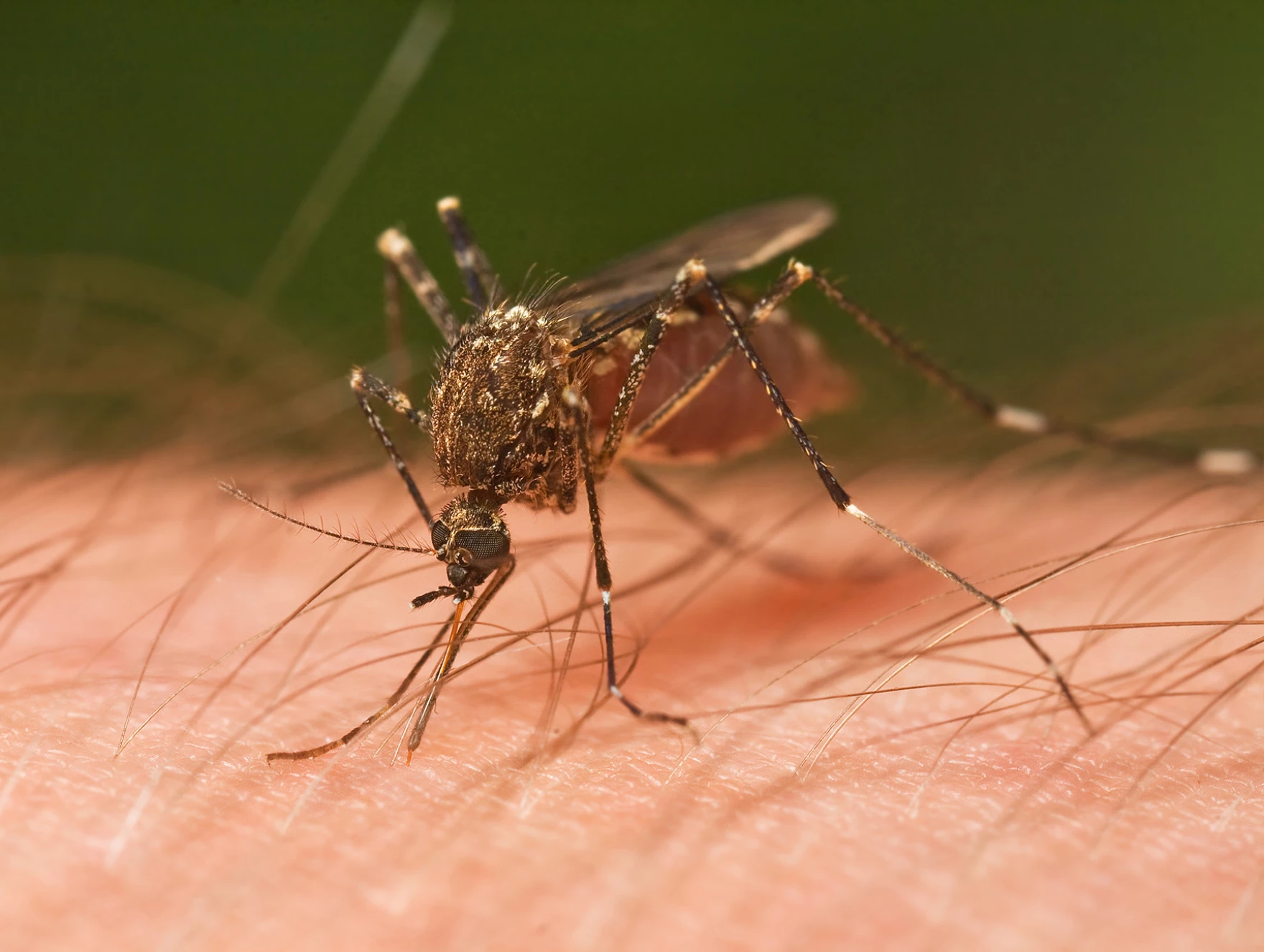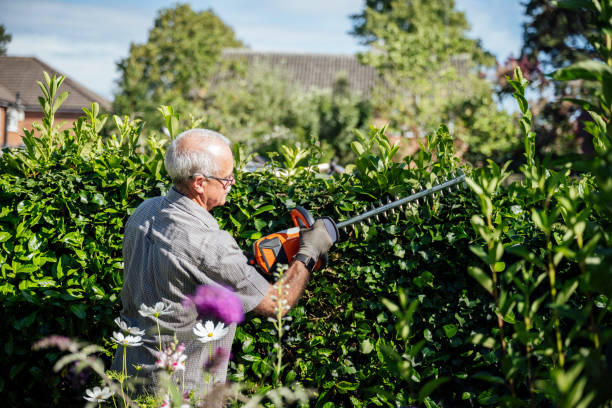Are you tired of those relentless, bloodsucking pests ruining your outdoor activities? It’s time to reclaim your yard and enjoy a mosquito-free summer!
In this comprehensive guide, we look at the most effective strategies on how to get rid of mosquitoes in your yard and create an inviting oasis for relaxation and fun.
From natural remedies to practical preventive measures, we’ve got you covered.
Imagine hosting barbecues without the constant swatting and itching, or simply lounging in your garden without being a target.
Let’s explore these methods.
Best Ways To Get Rid Of Mosquitoes In Yard
Here are the various ways you can employ to get rid of mosquitoes in yard.
1. Remove Stagnant Water
Any stagnant water in your yard provides mosquitoes with the perfect breeding grounds, so remove this water and make your yard unconducive for mosquitoes. Examine your yard attentively, noting and removing anything that can collect water.
Are there buckets, old tires, flowerpots, children’s toys, wheelbarrows, and containers that water can accumulate? If so, get rid of them or empty them regularly.
If you cannot empty or take out some containers, cover them tightly with lids or use mosquito netting to prevent mosquitoes from accessing the water. Also, ensure your yard has proper drainage to prevent water pooling.
Related Posts:
- Potted Plants That Repel Mosquitoes
- How To Attract Dragonflies To Your Yard For Mosquitoes Control
- How To Get Rid of No See Ums In Yard
2. Maintain Gutters and Drains
How often do you clean your gutters? At the very least, ensure you do it twice a year to eliminate leaves, twigs, and other debris that can clog the gutters and obstruct the water flow.
Also, make your work easier and minimize the number of times you’ll need to clean the gutters by installing gutter guards or screens to keep debris from going into the gutters while facilitating the free flow of water.
You don’t want water pooling, so repair or replace any leaking or damaged gutters. Also, keep water away from your home foundation by properly connecting the downspouts to the gutters.
Furthermore, if necessary, add extensions to ensure water flows at least 3 to 4 feet away from your house.
Drain covers prevent leaves, debris, and small animals from clogging the drains, so consider installing them. Another way to keep your gutters and drain clean is to trim tree branches that hang over them.
3. Trim Vegetation
You may love keeping thick bushes or tall grass. However, when mosquitoes start invading your yard, you must pick between keeping vegetation at your desired height and not having mosquitoes in your lawn. I pick the latter.
In that case, I keep the tree branches hanging low or touching the ground trimmed because they give mosquitoes shaded resting areas. Also, I strive to keep my grass short and well-maintained to eliminate mosquitoes’ hiding spots.
Apart from keeping mosquitoes at bay, trimming and maintaining vegetation regularly also keeps my yard healthy and aesthetically appealing.
4. Introducing Natural Predators
Why not let nature handle the mosquito problem in your yard for you? But how do I get that done, you ask? This effective and environmentally friendly approach involves making your yard attractive to creatures that love eating mosquitoes.
These include dragonflies, birds (like purple martins, swallows, and warblers), bats, fish, and predatory insects like spiders and beetles.
Dragonflies are voracious predators of mosquitoes that consume adult mosquitoes and larvae.
Attract dragonflies by creating a water feature in your yard, such as a small pond or a shallow water container.
To entice birds to come to your yard, provide birdhouses, bird feeders, and bird baths. Give bats a night, and a lot of mosquitoes in your yard will die; these effective killers will come to your property if you install bat houses.
Do you want fish that consume mosquitoes? Go for mosquito fish (Gambusia affinis) or goldfish, as they feed on mosquito larvae in water bodies.
As for predatory insects, some beetle species and spiders will get the job done.
Also Read:
5. Plant Mosquito Repellent Plants
With plants like citronella, lavender, marigolds, catnip, rosemary, lemon balm, basil, and peppermint, mosquitoes will stay away, and your yard might even smell great. However, this is dependent upon your choice of plant. For instance, lavender has a pleasant scent.
These plants will help repel mosquitoes, but keep in mind that their effectiveness may vary, and they may not provide complete protection on their own.
Fortunately, using a combination of plant deterrents, along with other mosquito control measures, yields better results.
6. Install Fans
Mosquitoes can be menacing, but do you know what they cannot handle? Wind since it makes it hard for them to fly and land. These weak fliers can only fly around 1-1.5 mph, so even light wind can make their movement difficult. You may have even noticed that mosquito activity is low during breezy days.
Disrupt mosquito flight patterns making it harder for them to reach their intended targets by installing fans in your yard. Opt for outdoor-rated fans designed to withstand weather conditions. Ceiling fans, pedestal fans, or box fans are effective options.
When it comes to setting up the fans, position them in areas where you spend time outdoors, such as patios, decks, or seating areas. Ensure their airflow covers the desired area and overlaps to create a continuous breeze.
Also, point the fans toward the areas where mosquitoes are likely to come from, such as nearby vegetation or breeding sites.
The number of fans you need will vary based on your yard size. In that case, 1 or 2 fans may be enough for a small yard, but you will need to add more if you have a sizeable lawn.
Also, I would recommend a fan specifically made for mosquito control because they often have additional features like a mosquito trap or a UV light to attract and capture mosquitoes.
7. Use Mosquito Nets
Enjoy time outdoors without mosquitoes bothering you by forming a physical barrier between mosquitoes and you using mosquito nets. They come in handy, particularly when you want to relax in your yard, sleeping, or just lounging.
If you have beds in your yard, install mosquito nets on them to create a protective enclosure, ensuring the netting is properly secured and tucked in under the mattress to prevent mosquitoes from entering. Also, make sure no gaps or openings mosquitoes can exploit exist.
If you have a hammock in your yard, go for a mosquito net designed specifically for hammocks. These nets fit over the hammock, providing a barrier from mosquitoes while you relax.
Portable, lightweight mosquito nets for outdoor use fit various settings, such as camping, picnics, or patio areas.
8. Employ Mosquito Traps
You have plenty of options for mosquito traps; you just need to pick the one that will work best for you. The common types are:
a) CO2-Based Traps
These traps emit carbon dioxide (CO2), mimicking the breath of humans or animals, to attract and capture mosquitoes. Some CO2-based traps also use other attractants like heat or octenol to enhance their effectiveness.
b) UV Light Traps
These traps attract mosquitoes using ultraviolet (UV) light and then trap or kill them using mechanisms such as a fan or an electric grid.
c) Sticky Traps
The adhesive surfaces in sticky traps capture mosquitoes. These traps are often coated with a substance that attracts mosquitoes, such as a specific pheromone or a combination of chemicals that mimic human scent. Once the mosquitoes land on the trap, they become stuck and unable to escape.
d) Gravid Traps
Gravid traps target female mosquitoes in search of a place to lay eggs. These traps simulate an ideal egg-laying site using an attractant and water, but once the mosquitoes enter the trap, they are trapped and cannot reproduce.
9. Optimize Your Outdoor Lighting
You may have noticed that mosquitoes gravitate towards light, especially UV light. For this reason, your mosquito problem could be because you use bright white lights outdoors.
Luckily, you can counter this without rendering your yard dark using yellow lights or LED lights with warmer tones for your outdoor fixtures.
Also, use lower-intensity lighting or install dimmers to reduce the overall brightness of your outdoor lighting. Furthermore, consider using motion sensor lights instead of keeping outdoor lights on continuously.
Additionally, avoid using lights that cast a wide beam or spread light in multiple directions.
10. Light Lanterns or Candles
Citronella candles have been used for many years to deter mosquitoes, so they can help you keep these insects out of your yard. These candles can create a pleasant aroma while emitting a scent that mosquitoes find unappealing, reducing their presence in the immediate area.
This means you can enjoy its great aroma while also benefiting from its mosquito-repelling capabilities.
Besides citronella, you can also utilize other candles with natural mosquito-repellent ingredients such as eucalyptus, lemongrass, or lavender.
Place your candles strategically, considering places like seating areas, patios, and decks.
Final Remarks
These proven should successfully keep mosquitoes out of your yard. However, note the appropriate strategy depends on the infestation size. For instance, zappers come in handy if you notice a few mosquitoes.
Note that consistency and keeping a vigilant approach help yield excellent results in managing mosquitoes.

Hey there, I’m Derek Schew, a writer for Lawnholic.com, where we cover everything and anything related to lawns. As someone who’s spent countless hours tending to my own lawn, I’m passionate about sharing my knowledge and helping others achieve the perfect yard. From lawn care tips to product reviews, I’m committed to providing our readers with the most accurate and up-to-date information available. So whether you’re a seasoned lawn enthusiast or just getting started, I invite you to join our community and discover the joys of a lush, green lawn.



